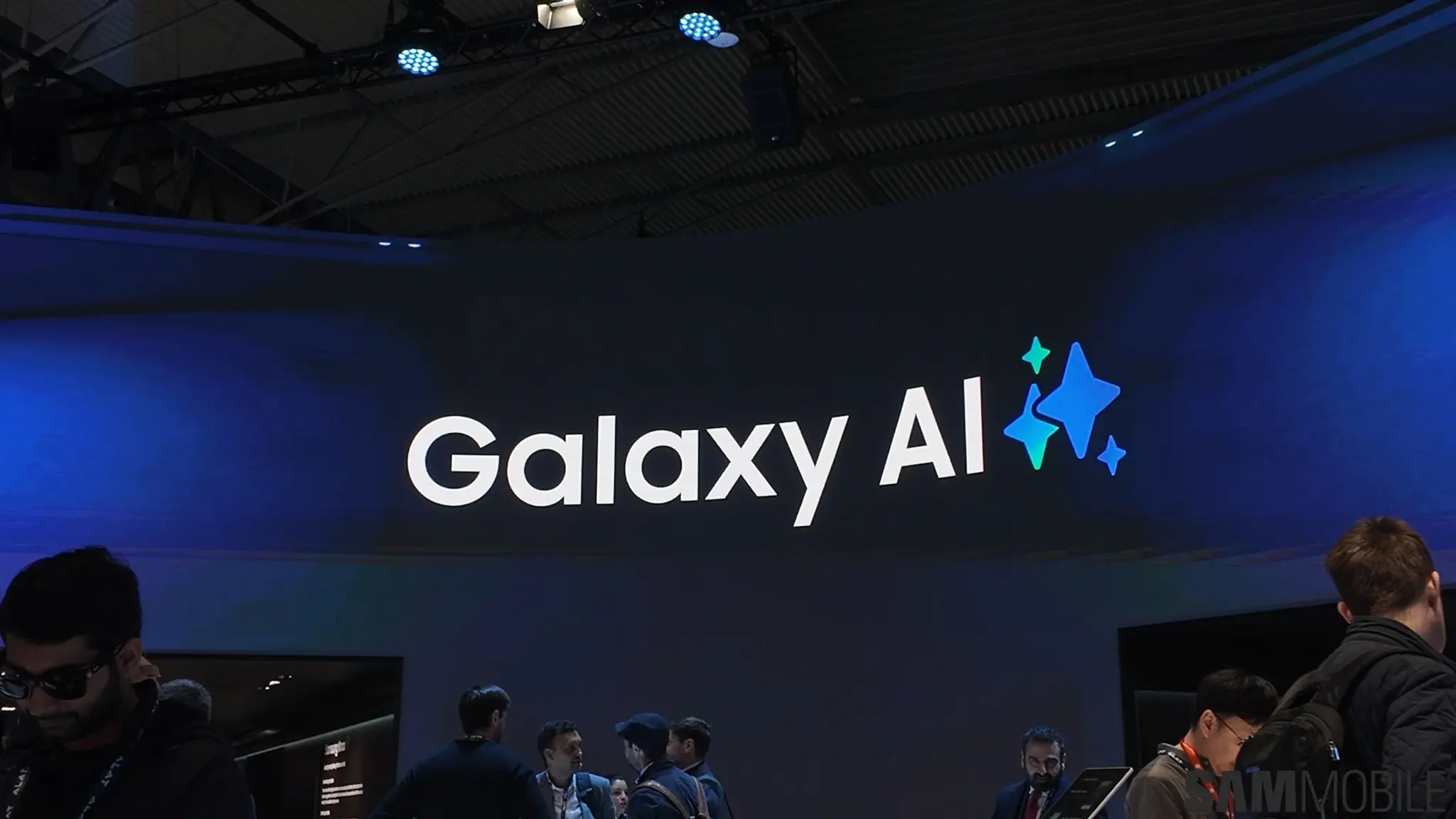In the realm of artificial intelligence (AI), advancements are often met with both excitement and trepidation. Microsoft’s decision to delay the launch of its Recall feature, an integral part of its Bing AI chatbot, has sparked a significant controversy centered around security concerns. This article delves into the details of the situation, exploring Microsoft’s decision-making process, the nature of the security concerns, and the potential implications for the future of AI development.
The Recall Feature: A Brief Overview
The Recall feature was designed to enable Bing AI chatbot users to revisit and modify their previous interactions. This seemingly simple functionality held the promise of enhancing user experience by allowing them to refine their queries, correct errors, and build upon previous conversations. However, beneath the surface, there were concerns about the potential misuse of this feature, particularly in relation to sensitive information and data privacy.
Security Concerns: The Crux of the Controversy
Microsoft’s decision to delay the Recall feature launch was prompted by security concerns raised by both internal and external experts. The core issue revolved around the potential for malicious actors to exploit the feature to gain unauthorized access to sensitive user data, manipulate conversations, and spread misinformation. The company acknowledged the gravity of these concerns and opted for a cautious approach, prioritizing security over immediate feature deployment.
The Delayed Launch: A Difficult Decision
Microsoft’s decision to delay the Recall feature launch was not taken lightly. It underscored the company’s commitment to responsible AI development and its recognition of the potential risks associated with cutting-edge technology. The decision also highlighted the delicate balance between innovation and security, a challenge that many tech companies face in today’s rapidly evolving digital landscape.
Implications for the Future of AI Development
The controversy surrounding Microsoft’s delayed Recall feature launch serves as a stark reminder of the complexities associated with AI development. It raises questions about the ethical considerations involved in creating and deploying AI systems, particularly those that have the potential to impact individuals and society at large. The incident also underscores the importance of transparency and collaboration between tech companies, researchers, and regulators to ensure that AI advancements are made responsibly and with the utmost consideration for security and privacy.
Microsoft’s Response: A Commitment to Security
In response to the controversy, Microsoft has reaffirmed its commitment to security and responsible AI development. The company has stated that it is actively working to address the concerns raised about the Recall feature and will only launch it when it is confident that it can be done safely and securely. This demonstrates Microsoft’s willingness to learn from its mistakes and its dedication to prioritizing user safety and data privacy.
The delayed launch of Microsoft’s Recall feature is a testament to the challenges and complexities associated with AI development. It is a reminder that innovation must be tempered with caution and that security and privacy should always be at the forefront of technological advancements. As Microsoft continues to navigate this path, it is clear that the company is committed to responsible AI development and is determined to learn from its experiences to create a safer and more secure future for all.






























